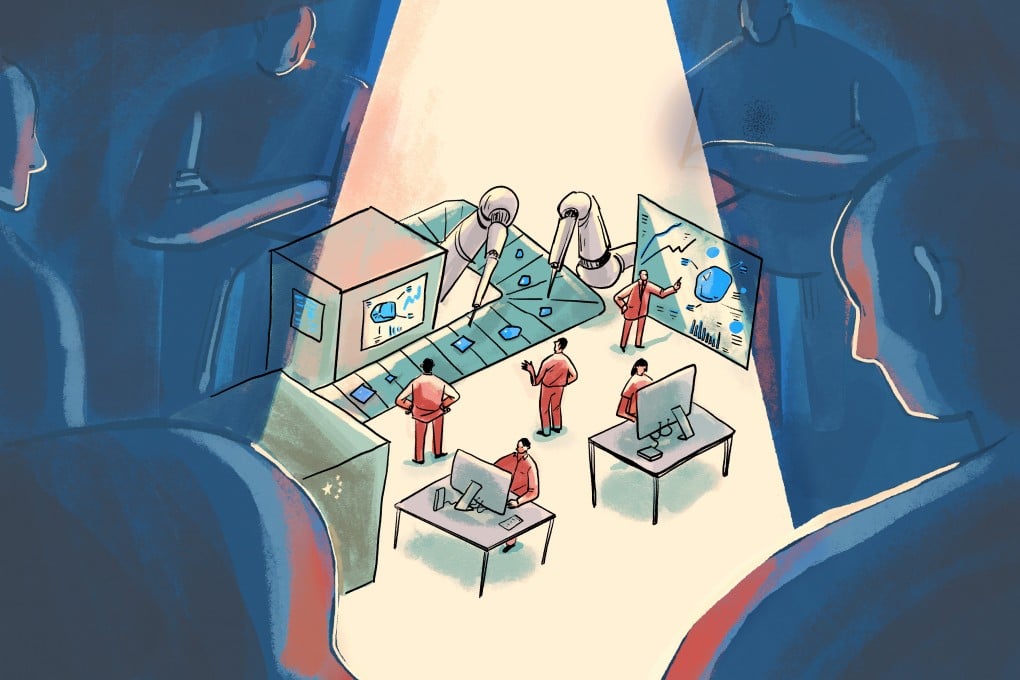China’s small but beautiful ‘little giants’ charged with punching above their weight
What types of private enterprises does Beijing strive to support? Little giants and industrial champions

In China’s eastern coastal city of Ningbo lies a little-known manufacturer that makes one of the world’s thinnest amorphous-nanocrystalline alloys, more commonly known as magnetic “liquid metals”.
The stand-out of the product line are soft, nano-sized magnetic materials that measure no thicker than 14 nanometres. To put that into perspective, a human hair is around 80,000nm wide.
The material has a range of diverse applications, including ultra-fast wireless charging of smartphones, powering heavy-lift drones and photovoltaic electricity generation.
The producer of the liquid metals, B Plus New Material Technology, has had the backing of the central government for years, receiving preferential loans, tax breaks and other help, since advanced new materials belong to the frontier technology and manufacturing realms prioritised by Beijing.
China is pinning high hopes on a swelling crop of privately-run, small but smart “little giants” like B Plus amid an all-out drive to move up the value chain, revitalise its sagging private economy and spur technological breakthroughs to win a full-blown tech war with the United States.
Amid the oft-mentioned pledge to ramp up support, more so-called little giants are being identified, roped in and nurtured.
Private sector minnows now look like big fish since little giants assume outsized roles for the economy and tech breakthroughs